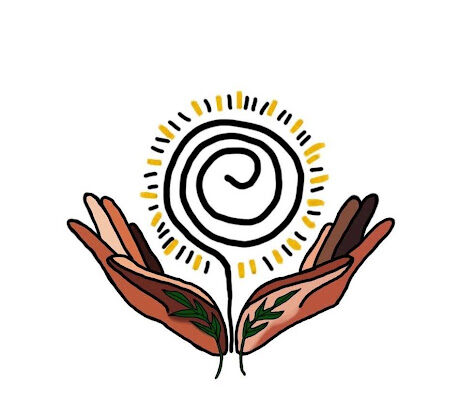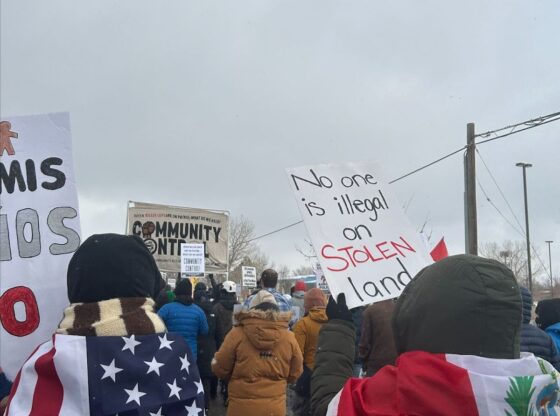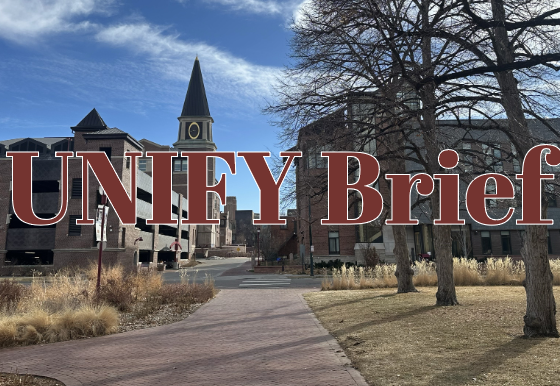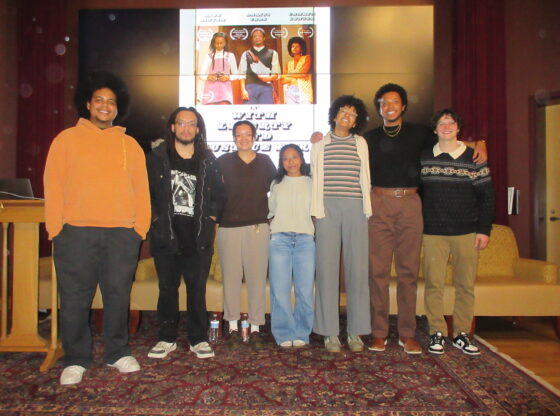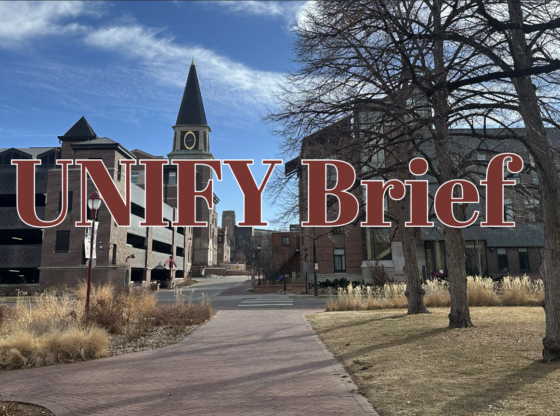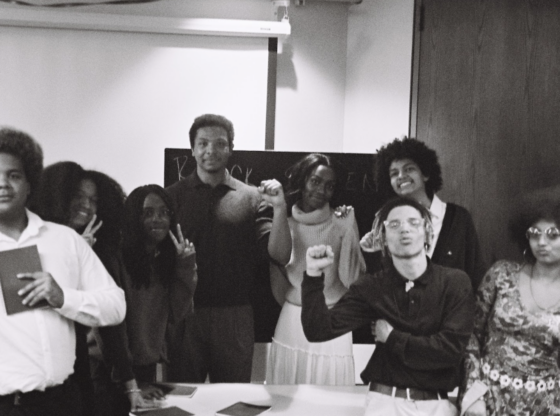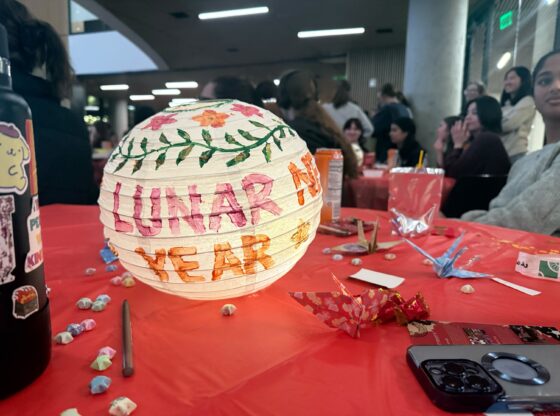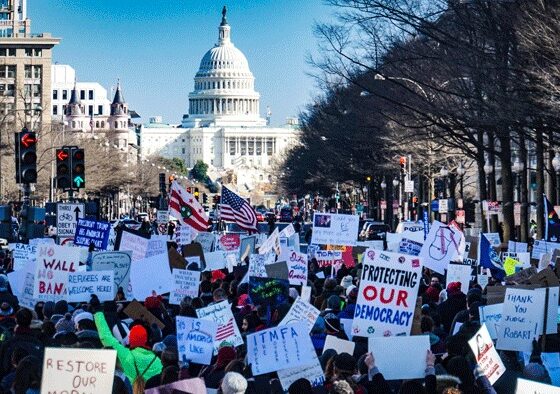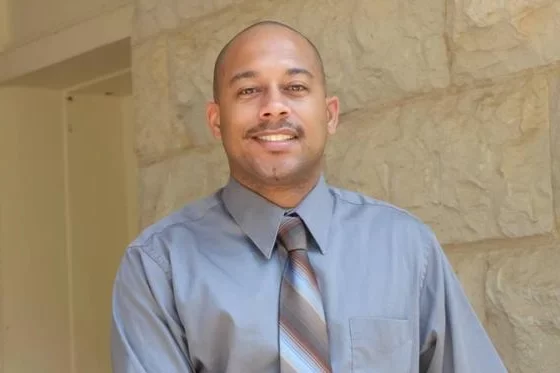The Club for Collective Liberation (CCL) was created in the fall of 2024 after a surge of pro-Palestine activism on campus culminating in a multi-week encampment for Palestinian liberation last spring.
After returning to campus in the fall, many involved organizers desired to maintain the momentum built from the encampment by establishing an official registered student organization (RSO) to serve as a hub for radical activism at DU.
Their page on Crimson Connect describes themselves as an inclusive group providing a space for students interested in involving themselves in politics and social justice through critical discussion and engagement in social movements, to be in community and make a difference at DU and beyond.
While the club shares overlap in membership and values with the student collective DU4Palestine, its leadership explained that the club’s genesis was in the interest of having one organization existing within the institution of DU and one being outside in order to function independently of DU’s club regulations, namely the new protest policy.
“We obviously emerged from the encampment last spring, but we wanted a space where we could organize on campus, recruit more people to be involved in Palestine activism but also extend [our scope] so that we could focus on other issues as well,” said Kylie Sutherland, third-year student and Logistics Coordinator for CCL.
There are five other undergraduate students on the club’s board, including co-Vice President Namugga Nakayiza, who explained that although they do have established leaders, the club aims to reflect an organizational system based on horizontal leadership.
“Everybody organizes the way they want to organize and they participate how they want to participate. There’s no such thing as someone having more authority; we are all equal in our club,” said Nakayiza.
The club is mainly focusing on advocating for Palestinian liberation but also brings other topics like immigration regulations into conversation during their weekly meetings on Thursdays. This quarter, their meetings and events have included logistical organizing sessions, hosting a screening of Gaza Fights for Freedom, an ‘artivism’ workshop and a community dinner/teach-in about Landback.
Nakayiza and Sutherland explained that the club hopes to “see DU disclose their investments, divest from Israel and publicly condemn the genocide in Gaza,” and they will continue to advocate for this alongside other intersectional issues in the coming quarters.
As far as long-term goals, they hope for CCL to expand, attract more student involvement and continue to be critical and organize in opposition to systems of oppression across the world.
“We want to continuously see a group of people who want to be active, who want to organize, who want to fight for the causes that are important to us all, and in the future we hope that this lasts as long as possible because there’s always going to be change that needs to happen in this world,” said Nakayiza.

On Feb. 19, Center for a Regenerative Future (CRF) and Club for Collective Liberation (CCL) collaborated on a community dinner/teach-in about the Landback movement. Photo Courtesy of Ellie Barnett-Cashman

